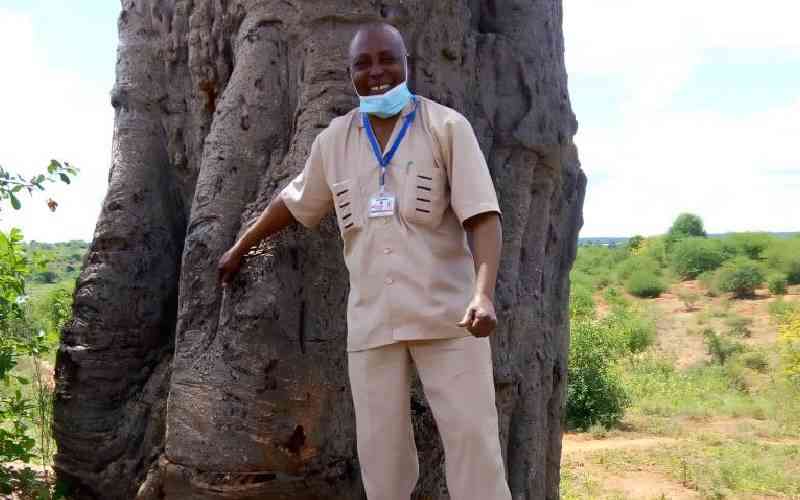×
The Standard e-Paper
Kenya’s Boldest Voice

For Martin Musyoka, now 61, surviving two episodes of tuberculosis is something that he joyfully recounts.
"It was back in 2000 when my health changed abruptly. I started having unusual feelings like a sharp pain in my chest and a bad cough. Friends advised me to drink the yolk of a raw egg and certain herbs. After some days, the symptoms got worse. I decided to visit a health facility," Mr Musyoka recalls.